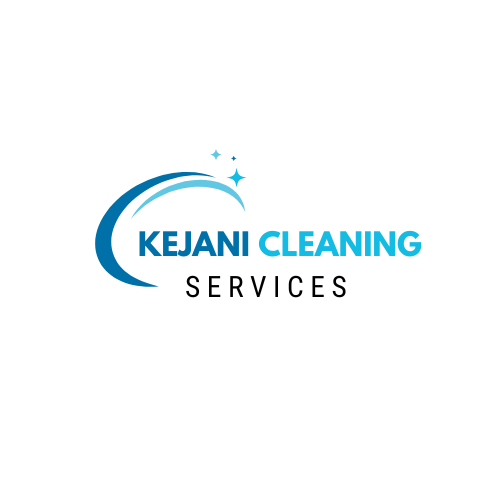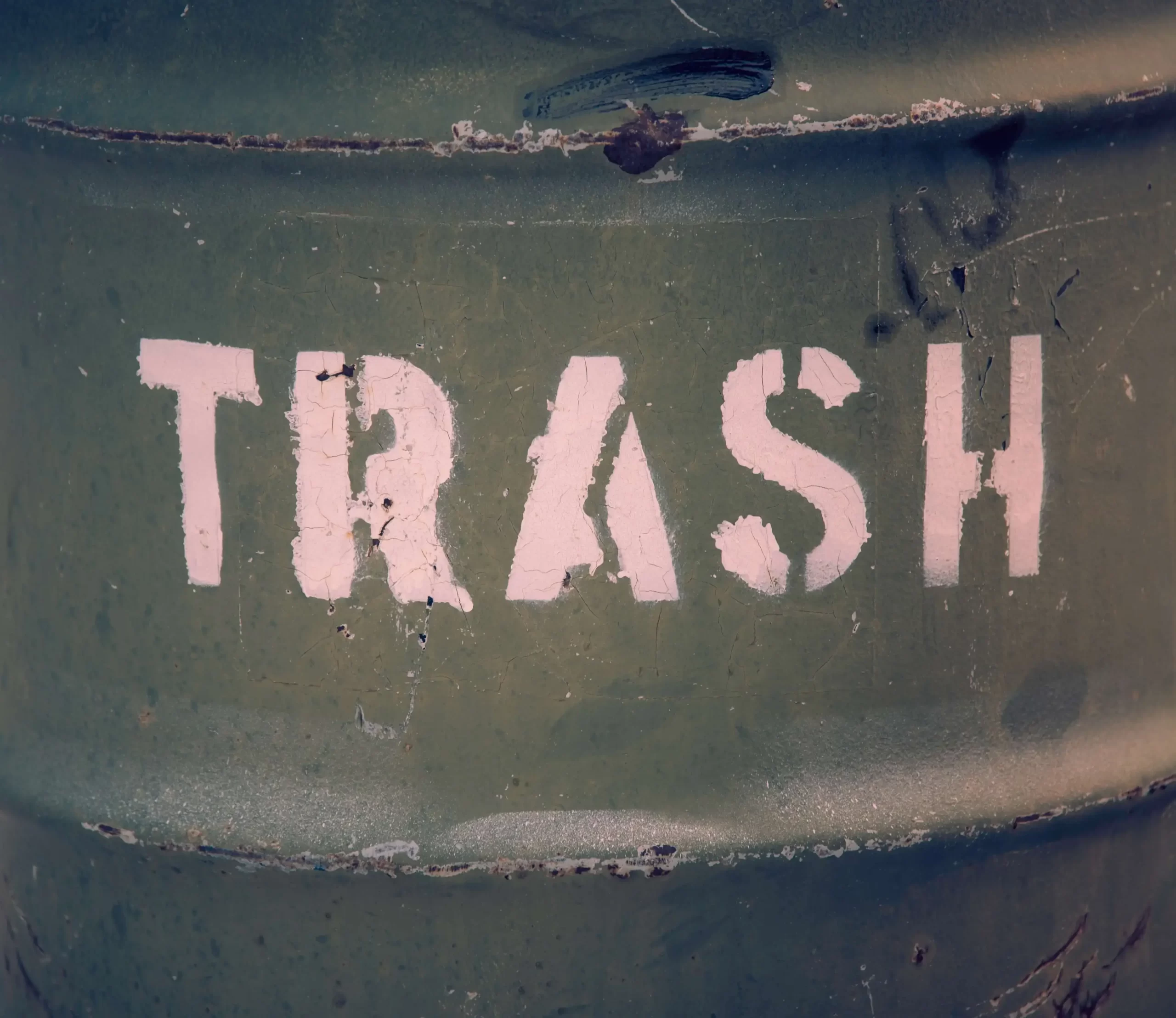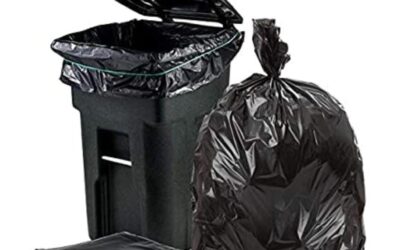As the economy of Kenya continues to grow, so does the amount of industrial waste produced by businesses. Without proper management, industrial waste can pose a threat to the environment, public health, and the economy. Therefore, it is important for businesses to have effective waste management solutions in place to ensure that their operations are sustainable and compliant with local regulations. In this article, we will discuss some of the industrial waste management solutions available to businesses in Kenya.
Introduction to Industrial Waste Management
Before discussing industrial waste management solutions, it is important to understand what industrial waste is and why it needs to be managed. Industrial waste is any waste generated by industrial activity, including manufacturing, construction, and agriculture. This waste can include hazardous materials, such as chemicals and heavy metals, which can be harmful to human health and the environment if not handled properly.
Industrial waste management is the process of collecting, transporting, treating, and disposing of industrial waste in a safe and environmentally sound manner. The goal of industrial waste management is to minimize the impact of waste on the environment, public health, and the economy, while also promoting sustainable practices.
Waste Reduction Strategies
The most effective way to manage industrial waste is to reduce the amount of waste produced in the first place. There are several waste reduction strategies that businesses can implement to minimize their waste output, including:
Recycling
Recycling is the process of converting waste into new products. By recycling materials, businesses can reduce the amount of waste that ends up in landfills and conserve natural resources. In Kenya, there are several companies that provide recycling services for industrial waste, including plastics, metals, and electronic waste.
Reuse
Another way to reduce waste is to reuse materials as much as possible. For example, businesses can reuse packaging materials or containers, rather than disposing of them after a single use. This not only reduces waste but can also save money on purchasing new materials.
Process Modification
Process modification involves making changes to the production process to reduce waste output. For example, businesses can redesign their products to use fewer materials or switch to more environmentally friendly materials. This can not only reduce waste but also improve the efficiency and profitability of the business.
Waste Treatment and Disposal
Even with waste reduction strategies in place, there will still be some waste that needs to be treated and disposed of. In Kenya, there are several waste treatment and disposal options available for businesses, including:
Landfills
Landfills are the most common method of waste disposal in Kenya. However, they are also the least environmentally friendly option. Landfills can contaminate groundwater, emit greenhouse gases, and pose a threat to public health if not properly managed.
Incineration
Incineration is the process of burning waste to reduce its volume and destroy any hazardous materials. However, incineration can also release harmful pollutants into the air and contribute to climate change.
Recycling and Composting
As mentioned earlier, recycling is a waste reduction strategy. However, some materials cannot be recycled, and in those cases, composting can be a more environmentally friendly option. Composting involves breaking down organic waste into a nutrient-rich soil conditioner.
Regulatory Compliance
In addition to managing waste effectively, businesses in Kenya are also required to comply with local regulations regarding waste management. The National Environment Management Authority (NEMA) is the government agency responsible for enforcing environmental regulations in Kenya.
Businesses must obtain a waste management license from NEMA before they can dispose of their waste. The license requires businesses to demonstrate that they have a waste management plan in place and that they are disposing of their waste in a safe and environmentally sound manner.
Conclusion
In conclusion, industrial waste management is an important consideration for businesses in Kenya. By implementing waste reduction strategies and properly treating and disposing of waste, businesses can minimize their impact on the environment and public health while also complying with local regulations. Recycling, reuse, and process modification are effective waste reduction strategies, while landfills, incineration, recycling, and composting are waste treatment and disposal options. Additionally, businesses must obtain a waste management license from NEMA to ensure regulatory compliance.
By prioritizing sustainable waste management practices, businesses in Kenya can not only reduce their environmental impact but also improve their bottom line. Effective waste management can lead to cost savings through reduced waste disposal fees and increased resource efficiency. It can also improve the reputation of the business, which can lead to increased customer loyalty and revenue.
FAQs
- How can businesses in Kenya obtain a waste management license?
- Businesses in Kenya can obtain a waste management license from the National Environment Management Authority (NEMA).
- What are the benefits of implementing waste reduction strategies?
- Implementing waste reduction strategies can lead to cost savings through reduced waste disposal fees and increased resource efficiency. It can also improve the reputation of the business and lead to increased customer loyalty and revenue.
- Can all types of waste be recycled in Kenya?
- No, not all types of waste can be recycled in Kenya. However, there are several companies that provide recycling services for industrial waste, including plastics, metals, and electronic waste.
- What is the role of NEMA in regulating waste management in Kenya?
- NEMA is the government agency responsible for enforcing environmental regulations in Kenya, including waste management regulations. Businesses must obtain a waste management license from NEMA to comply with local regulations.
- What are the environmental impacts of improper industrial waste management?
- Improper industrial waste management can lead to contamination of groundwater, emission of greenhouse gases, and pose a threat to public health. Therefore, it is important for businesses to have effective waste management solutions in place to ensure that their operations are sustainable and compliant with local regulations.
Related Posts
Solid Waste Management in Kenya: Challenges and Solutions
The Importance of Proper Waste Segregation in Kenya
Organic Waste Management: Turning Waste into Compost in Kenya
The Role of Landfills in Waste Management in Kenya
Commercial Waste Management: Best Practices for Kenyan Businesses
Medical Waste Management: Ensuring Safe Disposal in Kenya
Residential Waste Management Tips for Kenyan Homeowners





0 Comments